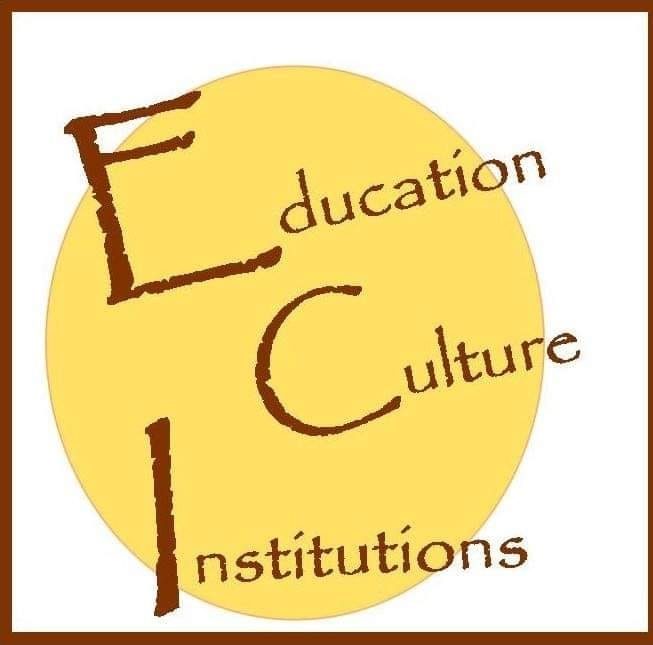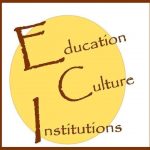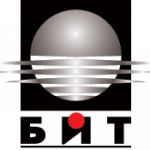The goal of the project is to explore the diverse educational activities that are being implemented into two of the organizations within the institutional system of cultural heritage – museums and libraries in the country. Until now, they have not been a subject of a comprehensive study to systematize and categorize the sustainable, long-term and thematic educational programs they have implemented in recent years.
This gives reason the following main tasks to be formulated:
1. Searching, researching and systematizing theoretical statements related to education in museum and library environments.
2. Secondary processing of statistics data on conducting educational initiatives of the pre-selected cultural institutions in the period 2019-2020.
3. Conducting a representative study based on quantitative and qualitative research methods to present an up-to-date and comprehensive picture of cultural institutions educational initiatives. The statistical method of sampling the general totality will be used.
4. Conducting analysis and systematization of the results; formulation of basic theoretical assumptions for enhancing the quality of interinstitutional cooperation and educational initiatives.
The following basic hypotheses are pre-formulated in the development of the project proposal:
1. Cultural institutions’ educational initiatives are a basic factor for the sustainable development of education as a whole.
2. The dynamic processes in today’s information society and the rapid spread of new technologies necessitate innovative methodological and pedagogical approaches to improve the quality of education.
3. National and regional museums and libraries have an indispensable resource for integrating cultural heritage into the system of formal and non-formal education.
The object of the study are national and regional museums and libraries in Bulgaria. The subject of the study is the educational initiatives that put into practice national and regional history museums and national and regional libraries, in the period 2019-2020. The scientific problem will be examined whether these programs increase the quality of formal and non-formal education and the achievement of lasting knowledge in young people.



